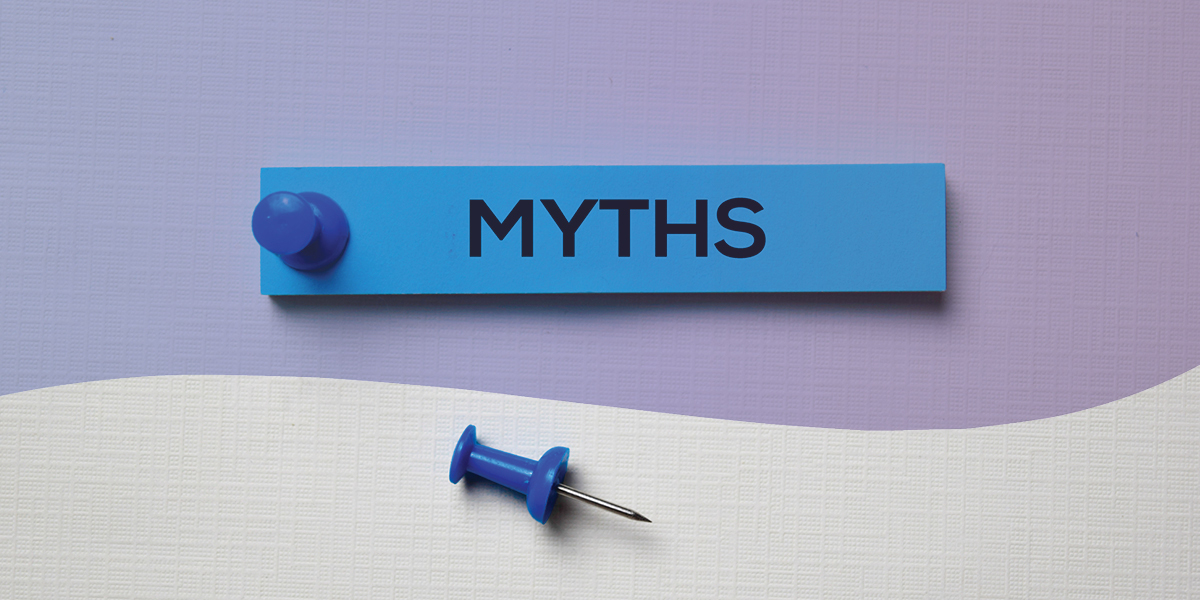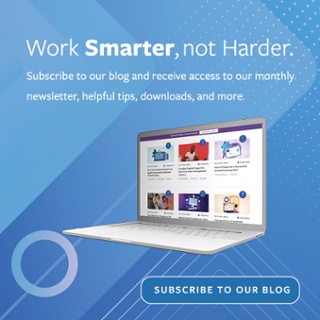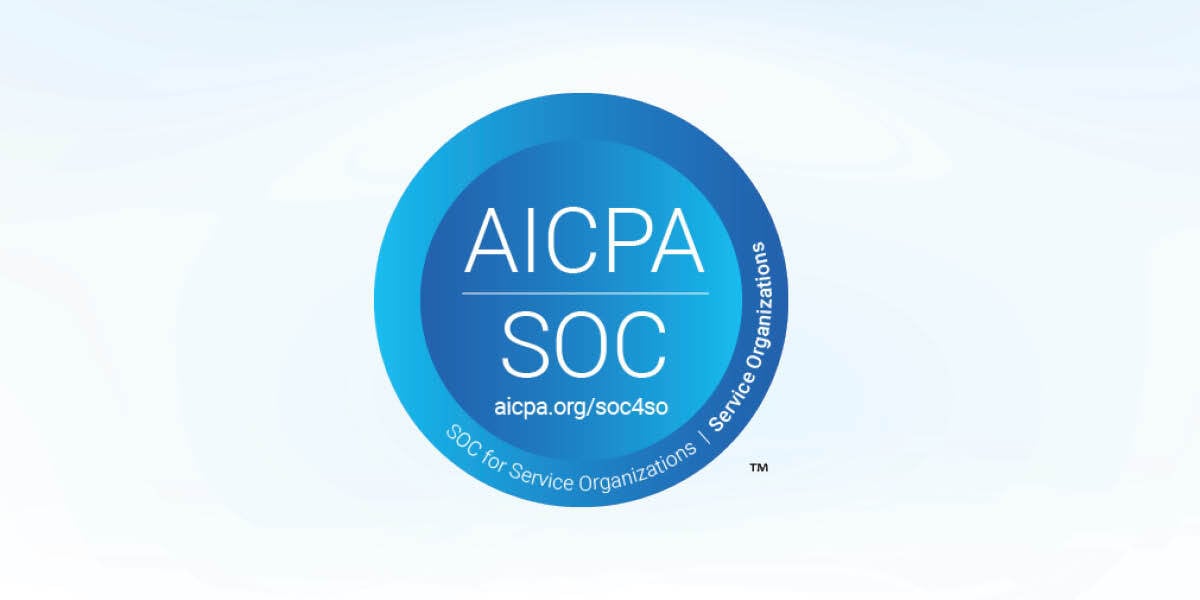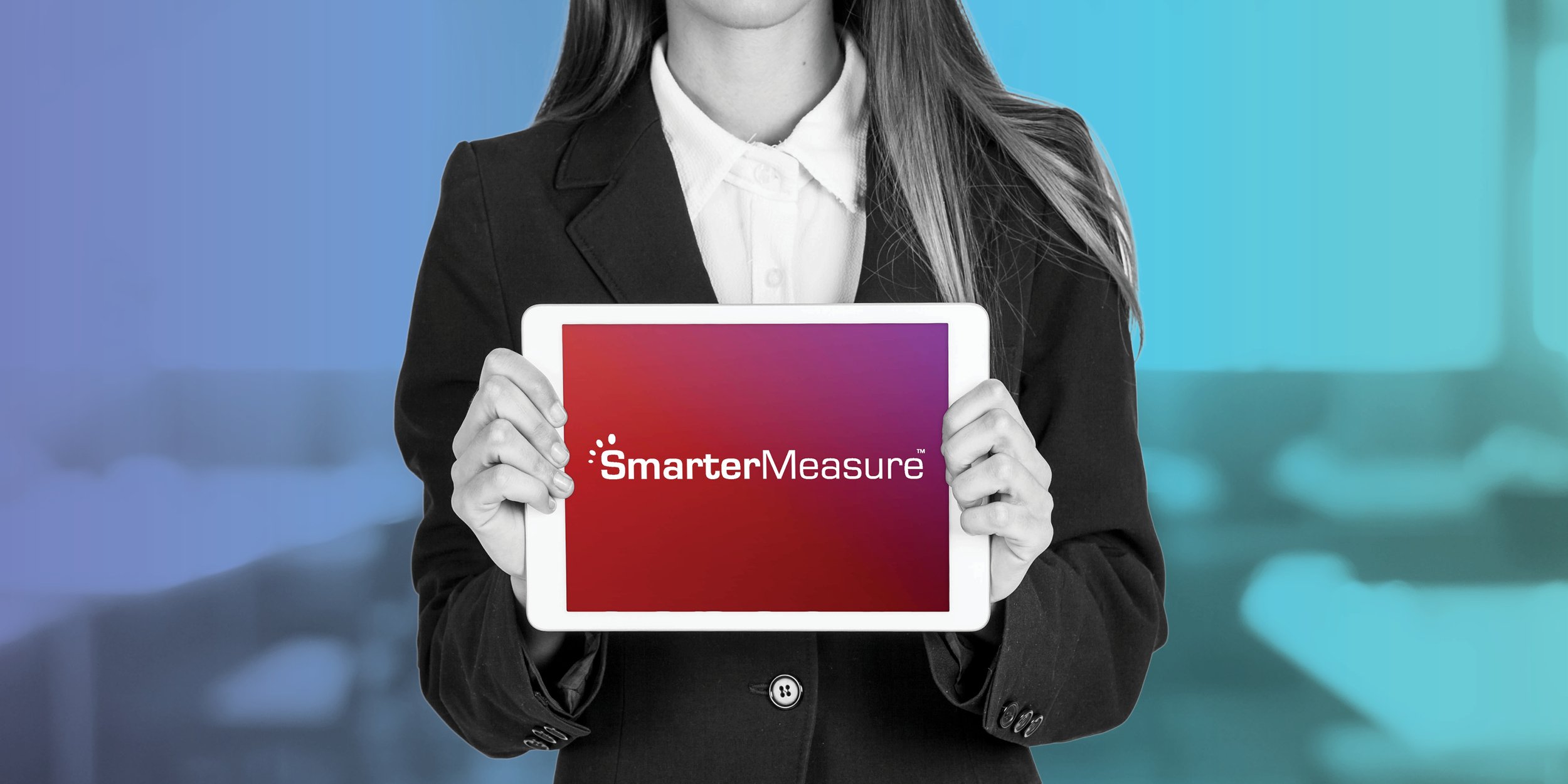
There are two possible definitions of a “myth.” The first is a story about the early history of a people or event that typically involves supernatural beings. While the efforts of distance learning leaders during the pandemic were truly heroic and borderline supernatural, this is not the type of myth I am talking about. The other definition is “a widely held false belief or idea.” Also during the beginning of the pandemic, it seems that some myths did develop, especially related to online proctoring. Now that the pandemic is waning, do these myths still matter?
Research is just now beginning to shed light on the impact that the pandemic had and continues to have on American higher education. As a leader of a group that provides proctoring services, I am now just beginning to reflect on how the pandemic shaped attitudes toward and practices promoting academic integrity.
Check out the video below to find out if proctoring myths still matter, or scroll down to read the video overview.
Video Overview:
Proctoring Myths: How it All Started
Because of the growth of eLearning programs over the past decade, the use of online proctoring in distance learning programs was accepted and commonplace. While there was some resistance and concern, fundamentally students made a choice whether or not to study online. And if they wanted to avoid virtual proctoring, they had a choice. But during the pandemic, eLearning went mainstream, and along with it, virtual proctoring.
EdSurge, which provides insightful commentary about the “business of education,” produced a series titled, “How Pandemic Practices Shape Higher Ed.” They provided insights on topics including the digital divide, lecture capture, pass/fail grading, and gap years. One of their concluding statements was “The most controversial new tech tool for colleges since the start of the pandemic is automated proctoring.”
Because of the controversy surrounding virtual proctoring during the early months of the pandemic, we posted several blogs about concerns that students and faculty had about virtual proctoring. We distilled those thoughts into an eBook that we made available. These blogs and the eBook have been some of our most requested resources over the past two years.
Now that we seem to be moving away from pandemic practices, students have proctoring modality choices such as testing in their collegiate testing center, professional testing centers, testing with their instructor, or testing with someone like the human resources director where they work. So, this now begs the question: Do the proctoring myths still matter? Are the concerns that were expressed very strongly during the quarantine phase of the pandemic still valid concerns today?
Myths About Virtual Proctoring
First, let’s review the virtual proctoring myths that we explored. The myths were:
- Students lose their privacy.
- Proctoring companies have access to students’ computers after the exam is complete.
- Virtual proctoring is not accessible for learners with disabilities.
- Virtual proctoring technology is susceptible to racial and socioeconomic bias.
- Proctoring technology can fail a student.
- Testing is not necessary.
- Proctoring does not make a difference.
To learn more about these myths, click the link on each bullet point or download our free eBook. 
Do the Proctoring Myths Still Matter?
So, do these myths still matter? Are the issues that were of concern to students at the start of the pandemic still meaningful today? Absolutely! In fact, they matter now more than ever.
These student concerns not only matter, but they have made us better. Over the past two years, our products and practices have evolved based largely on the feedback from students and their schools.
Here are some of the ways that the myths have made us more mature.
Student privacy is paramount. When you are a guest in someone’s home you need to act appropriately. When you are a guest to their home via webcam and also an electronic guest to their computing device, you also must also act appropriately. A person’s space, whether that is their personal computing space or their home environment that you are peering into, is indeed private.
We have responded by revisiting and updating our privacy policy. We have translated that policy into an easy-to-understand document that informs students exactly what data SmarterProctoring does and does not collect. We use role-based access control to make sure that only persons with appropriate levels of access can view exam session videos.
One of the areas of special concern related to privacy was whether or not proctoring companies can have access to the student’s computing device after the test is over. While we assure students that we would never do this, to give them more assurance we have made it even easier and more intuitive to uninstall the SmarterProctoring browser extension.

We also provide an on-screen visual indicator at all times when a student’s desktop is being monitored.
In regards to providing online proctoring services to students with disabilities, the expanded use of virtual proctoring during the pandemic afforded us ample opportunity to identify gaps in our existing services. We increased our expertise by hiring staff who were professionals in online accessibility and have utilized the services of consultants to offer even more guidance. Our interfaces are now more accessible than ever.
At SmarterServices we took the concerns about bias very seriously. Earlier versions of our automated virtual proctoring product were trained on a dataset that was provided by a third-party company. Because we were unsure of the level of representation across ethnicities, we retrained our AI with a dataset we compiled that was composed exclusively of college students with representation of ethnicities parallel to that of the general population. This has drastically improved functions such as facial recognition of persons of color, even in dimly lit rooms.
We have improved our instruction set and have trained schools to improve the assignment wording in their syllabi to inform students that virtual proctoring cannot fail them because the faculty member is the ultimate decision-maker — the technology is just informing that choice.
Across the past two years of the pandemic, we have observed that some schools shifted away from proctored exams to forms of authentic assessment. While this is certainly an appropriate method of measuring mastery, it can be very time-consuming and subjective for faculty to evaluate. We have maintained a regular dialogue with school leaders and faculty about best practices in learner evaluation and earned their respect by providing an online monitored testing environment.
Finally, we affirm now more than ever that proctoring does make a difference. As reported by NPR, the frequency of cheating during the pandemic is estimated to have tripled at some institutions.
Start Working Smarter, Not Harder
At SmarterServices, we are pleased that students now have more proctoring options in addition to virtual proctoring. In fact, SmarterProctoring is the only academic integrity platform that manages seven modalities of proctoring – in-person, virtual, and hybrid.
If you would like to learn more about how SmarterProctoring can help you provide an academic integrity platform that is crafted on choice, promotes privacy, is always accessible, and is blind to bias, reach out today.





